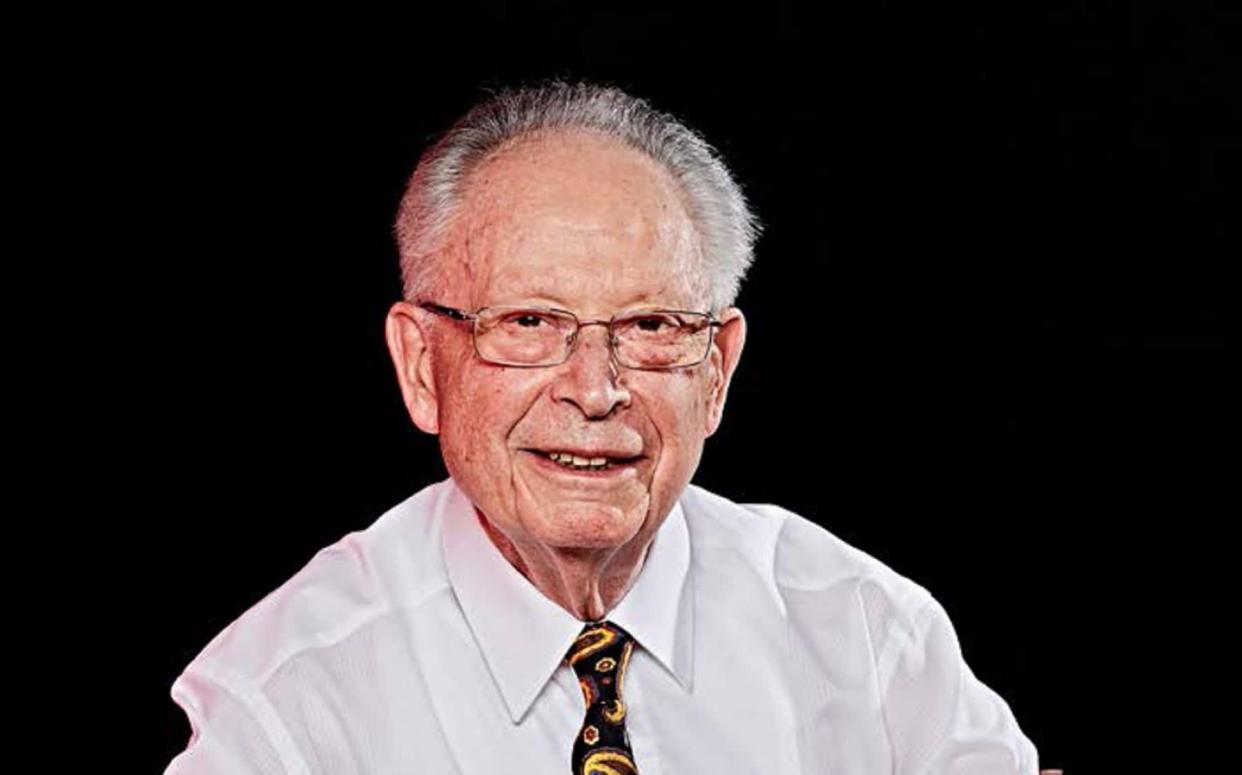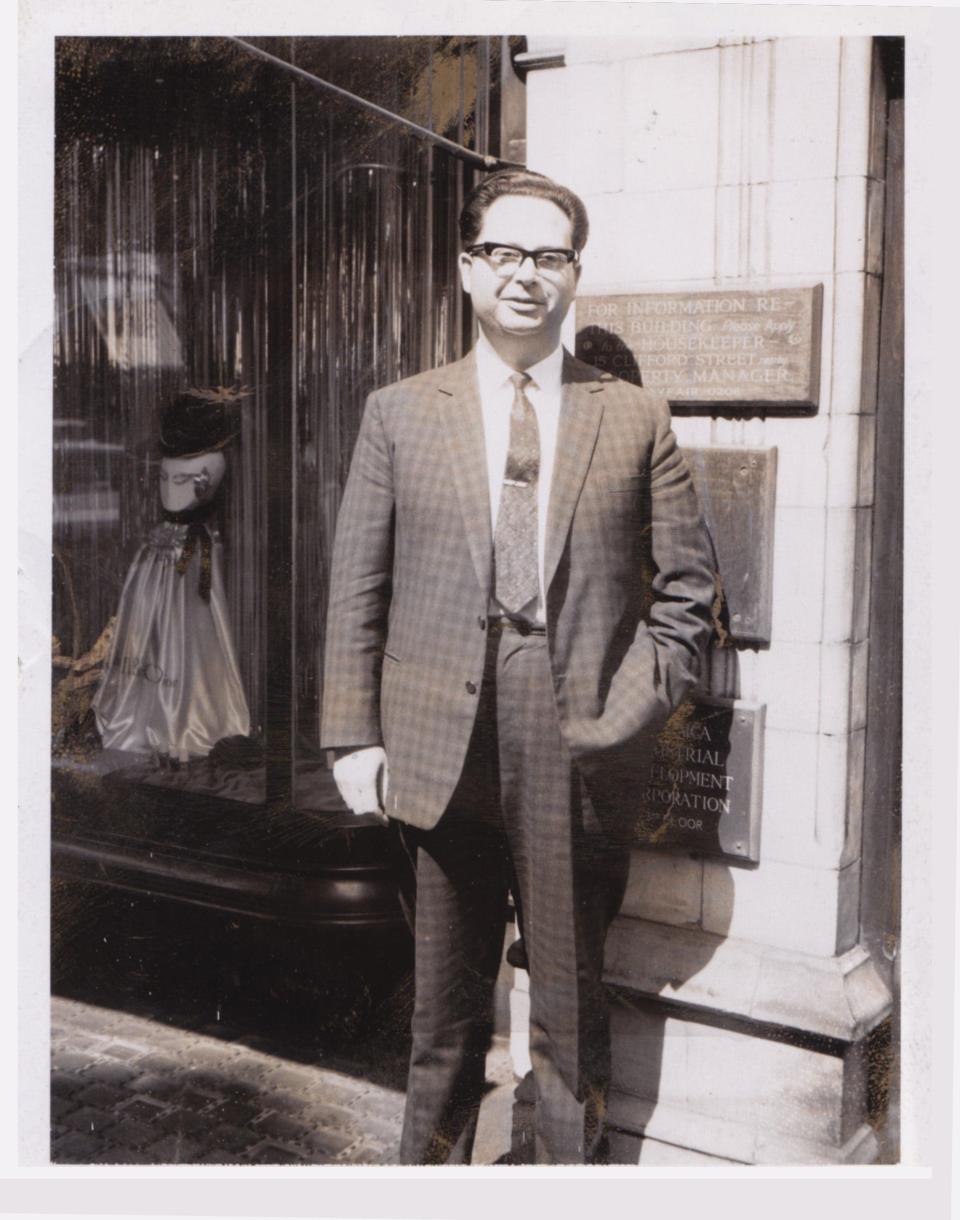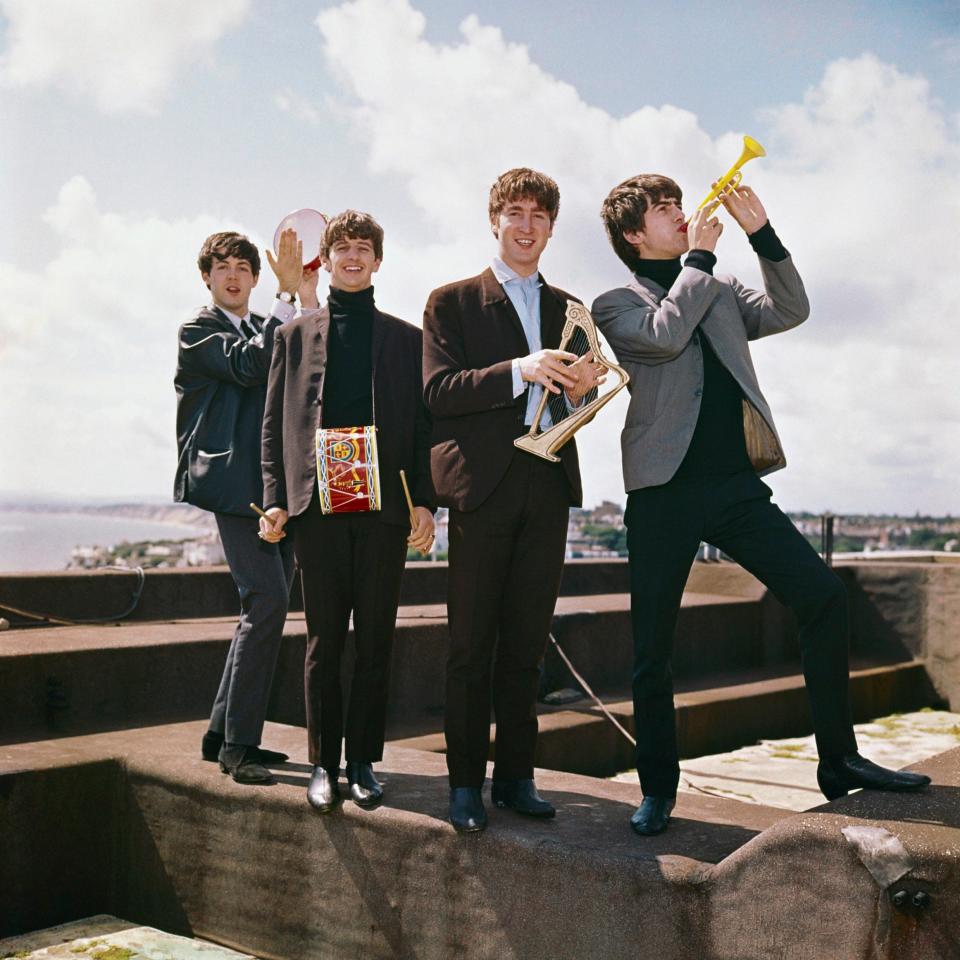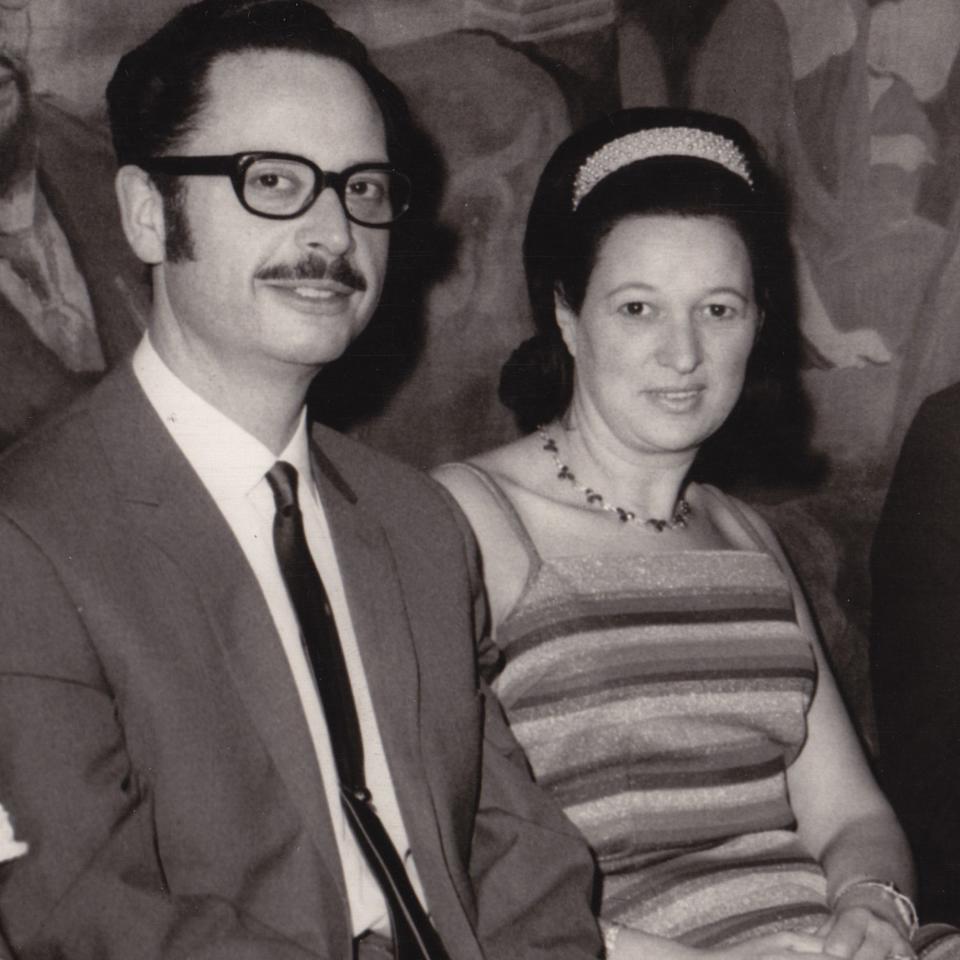Harry Pinsker, Beatles’ accountant who kept the taxman at bay – obituary

Harry Pinsker, who has died aged 90, was the Beatles’ accountant from 1962 to 1970, overseeing their tax affairs, setting up their companies, helping them to buy their homes and even handling their grocery bills; “Harry was the only one who really knew what went on,” said Paul McCartney.
A partner in the West End of London offices of Bryce, Hanmer, a Liverpool-based firm of accountants, when he was asked to take on the affairs of four young unknowns who had been marched into the firm’s Liverpool offices by their manager Brian Epstein. Unimpressed by the gangling, pasty-faced youths, the senior partner in Liverpool decided to pass them on to London.
“I first met them in my office – they were just four scruffy boys,” Pinsker recalled in an interview with Economia magazine in 2017. It was he who registered their first company as Beatles Ltd, and he became such a fixture in their lives that band members, with or without partners, would drop into his home for tea, biscuits and a chat, though Pinsker’s wife Ana drew the line at admitting Paul McCartney’s giant sheepdog, Martha.
When Epstein got the band flats in London, they needed telephones for which, in pre-privatisation days, there was a six months waiting list. Pinsker, who was doing a top secret government audit at the time, rang the GPO and claimed that this work required telephones to be installed at four addresses: “The Beatles got their phones within a week.”
It was Pinsker who told the band in 1964 that they were millionaires, and he who noticed an advertisement for a farm on the Mull of Kintyre which became a happy home for McCartney and his wife Linda.

The 1966 Beatles song Taxman was a protest against the 95 per cent “supertax” introduced under Harold Wilson (“Let me tell you how it will be/ There’s one for you, 19 for me/ ’Cause I’m the taxman …”). Pinsker recalled that when the band were offered a $3 million contract to record advertising material for Coca Cola, they turned it down after he advised them that they would be out of pocket due to non-allowable expenses.

However, he exploited a range of legal ideas to keep the taxman at bay, including creating the songwriting company Lenmac – which he persuaded the Inspector of Taxes to treat as a trading company, rather than an investment company whose revenue would be subject to higher tax. In 1966 he was behind the idea of turning the band into employees of The Beatles & Co, in which they each owned a 5 per cent stake, with the remaining shares held by the company and thus subject to corporation tax at around 50 per cent, a move reckoned to have saved them almost £3 million.
It was Pinsker, too, who in 1967 suggested the creation of Apple, a holding company which reflected the growing diversity of the band’s interests and of which he became a director.
By this time, divisions between the Fab Four had become intense – due, in Pinsker’s view, to John Lennon’s “sudden and complete infatuation with Yoko Ono”. He handled the negotiations with Lennon’s first wife Cynthia over their divorce settlement, but it was not long before his own association with the band came to an end.
In November 1968, Lennon and Yoko Ono released the album Two Virgins, with a cover featuring a nude photograph of them. As the sale of photographs featuring human genitalia was a criminal offence at the time, Pinsker, after failing to persuade Lennon to withdraw the offending cover, felt obliged to resign from Apple. Soon afterwards the Beatles themselves went their separate ways.
Pinsker, a private, rather shy man, was touched to discover, in later life, a film clip from 1969 of the Beatles rehearsing for their album Let It Be, in which they “started singing Hare Krishna – and changed the words to Harry Pinsker”.
Harry Pinsker was born on May 12 1930 in Bethnal Green, East London, where his father ran a printing business mainly producing commercial stationery.
Evacuated to Norfolk and then Cornwall during the war, he won a scholarship to Truro College, which refused to take him at the last minute because he was Jewish. Instead he attended St Marylebone Grammar School, then evacuated to Redruth, and, on his return to London, the North East London Emergency School.

In 1947, Pinsker became a £1-a-week articled clerk at the London office of Bryce, Hanmer and attended evening classes in law and accountancy. By the age of 30 he had become full partner. As well as the Beatles his clients included Cilla Black and Gerry and the Pacemakers, and later Cream and Yes.
He remained with Bryce, Hanmer until retiring as senior partner in the 1990s.
Harry Pinsker was devoted to his wife Ana (née Simca), who died in 2008, and to their three daughters, who survive him.
Harry Pinsker, born May 12 1930, died January 24 2021

 Yahoo News
Yahoo News 
